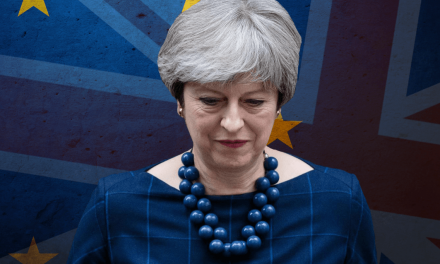It is now crystal clear that the Directive of 19 November 2008 amending Directive 2003/87/EC so as to include aviation activities in the scheme for greenhouse gas emission allowance trading within the Community will have damaging impact on the aviation industry. On the other hand, the aviation industry is likely to pass their costs on to the consumer – therefore airline fares are set to rise.
Under such Directive all flights departing or landing in the EU, including intercontinental flights, have been integrated in the EU's emissions trading system (ETS) from 1 January 2012. The directive applies to all airlines flying in and out of the EU, including airlines from third countries. Hence, from that date all airlines are required to buy permits under the ETS. In 2012 85 per cent of the emissions permits will be allocated for free however 15 per cent of the airlines emission permits will be auctioned.
Obviously, the aviation industry is not pleased with such piece of EU legislation, as they believe that their future business was not taken into account by the EU institutions. It has been estimated that the directive could add €9bn to the costs of the aviation industry by 2020.
Moreover, the US as well as Australia, Canada, China, Japan, India, South Korea (including their airlines), even before the directive has been adopted, have shown their opposition to the EU’s ETS and stressed that such move would violate EU Member State international obligations under the Convention on International Civil Aviation. In fact, the Air Transport Association of America, American Airlines Inc., Continental Airlines Inc. and United Airlines Inc. (collectively ‘ATA and others’), contested the measures transposing Directive 2008/101 in the UK, and brought proceedings against the Secretary of State for Energy and Climate Change before the High Court of Justice of England and Wales, Queen’s Bench Division (Administrative Court). They argued that the EU infringed several principles of customary international law and various international agreements, namely the Chicago Convention, the Kyoto Protocol and the Open Skies Agreement because it imposes a form of tax on fuel consumption, as well as certain principles of customary international law as it seeks to apply the allowance trading scheme beyond the European Union’s territorial jurisdiction. The High Court of Justice of England and Wales referred the matter to the ECJ and has asked the Court whether the directive is valid in the light of those rules of international law. On 21 December, the ECJ delivered its ruling, confirming the validity of the directive that includes aviation activities in the emissions trading scheme.
The US as well other countries such as China and India are not willing to give up their fight to exclude their airlines from the EU's ETS, despite the ECJ’s ruling. They are already talking about retaliatory measures against the EU, as they cannot appeal against the ECJ decision.
China has announced today that its airlines are banned from participating in the EU ETS. China believes that its aviation sector will end paying an additional €97 million per year on flights originating or landing in Europe. Moreover, according to the Civil Aviation Administration of China (Caac), and despite the ECJ’s ruling, the EU ETS "runs contrary to relevant principles of the United Nations Framework Convention on Climate Change and international civil aviation regulations". Hence, "The Civil Aviation Administration of China recently issued a directive to Chinese airlines that without the approval of relevant government departments, all transport airlines in China are prohibited from participating in the EU ETS,".
However, as above-mentioned, all airlines are required to comply with the EU Directive since 1 January 2012. Under the Directive, all airlines flying in and out of the EU are required to report on their verified CO 2 emissions (2009-2013) by April 2013. Consequently, if airlines refuse to apply Community law they would be subject to sanctions including fines or, as a last resort, a EU flight ban, “in the case of a permanent and constant infringement”. Consequently, Chinese airlines are likely to be banned from flying to the EU from April 2013.
Nevertheless, according to the Euobserver, “(…) the US, China, India, Russia and around 30 other countries will hold talks in Moscow on 21 February on potential retaliation measures.” In fact, China has already warned that such measures would lead to a "trade war".
In the meantime, Lufthansa, Brussels Airlines and Delta AirLines have already included the ETS charge in the price of tickets. Obviously, other airlines will raise ticket prices to compensate for the costs of ETS. According to the Guardian Ryanair will add between €15 and €20m to the passengers’ costs this year. The head of Ryanair’s communications Stephen McNamara said "This latest EU stealth tax will damage traffic, tourism, European competitiveness and jobs." It is obvious that such measures will have a negative impact on the competitiveness of member states’ national airlines.

